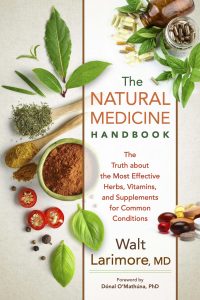Most women unaware of increased risk for Alzheimer’s disease

Thursday Ask Dr. Walt – “Sitting Disease” increases risk of chronic illness and premature death
July 14, 2022
Saturday Book Videos – Coauthor Mike Yorkey referees a “fight” between fans AND the book trailer
July 16, 2022The Hill reports, “An overwhelming majority of women are unaware they face an increased risk for Alzheimer’s disease compared to men.”
Furthermore, these women “have not had conversations with their [physicians] about the aspects of their health that make them more likely to develop the disease.”
This alarming information is based upon a new survey which “found 82% of women do not know they are at increased risk for Alzheimer’s, despite the fact that women make up nearly two-thirds of Alzheimer’s cases in the U.S.”
An alarming 73% of women have not discussed their cognitive health with providers, and 62% of women have not discussed menopause or perimenopause — transitional phases in a woman’s reproductive life — that research now shows are critical to monitor closely in order to reduce the risk for Alzheimer’s.
If you want to learn more about improving your brain health, pick up a copy of my book, The Natural Medicines Handbook: The Truth about the Most Effective Herbs, Vitamins, and Supplements for Common Conditions.
LEARN MORE OR ORDER THE BOOK HERE
By the way, these findings were presented at the Aspen Ideas: Health Festival on Friday, June 24. Please note that abstracts presented at medical meetings are usually evaluated and selected by a committee of experts but have not generally undergone the same peer-review process required for publication in a scientific journal. As such, the findings presented should be considered preliminary until a peer-reviewed publication is available.
© Copyright WLL, INC. 2022. This blog provides healthcare tips and advice that you can trust about a wide variety of general health information only and is not intended to be a substitute for professional medical advice, diagnosis, or treatment from your regular physician. If you are concerned about your health, take what you learn from this blog and meet with your personal doctor to discuss your concerns.




